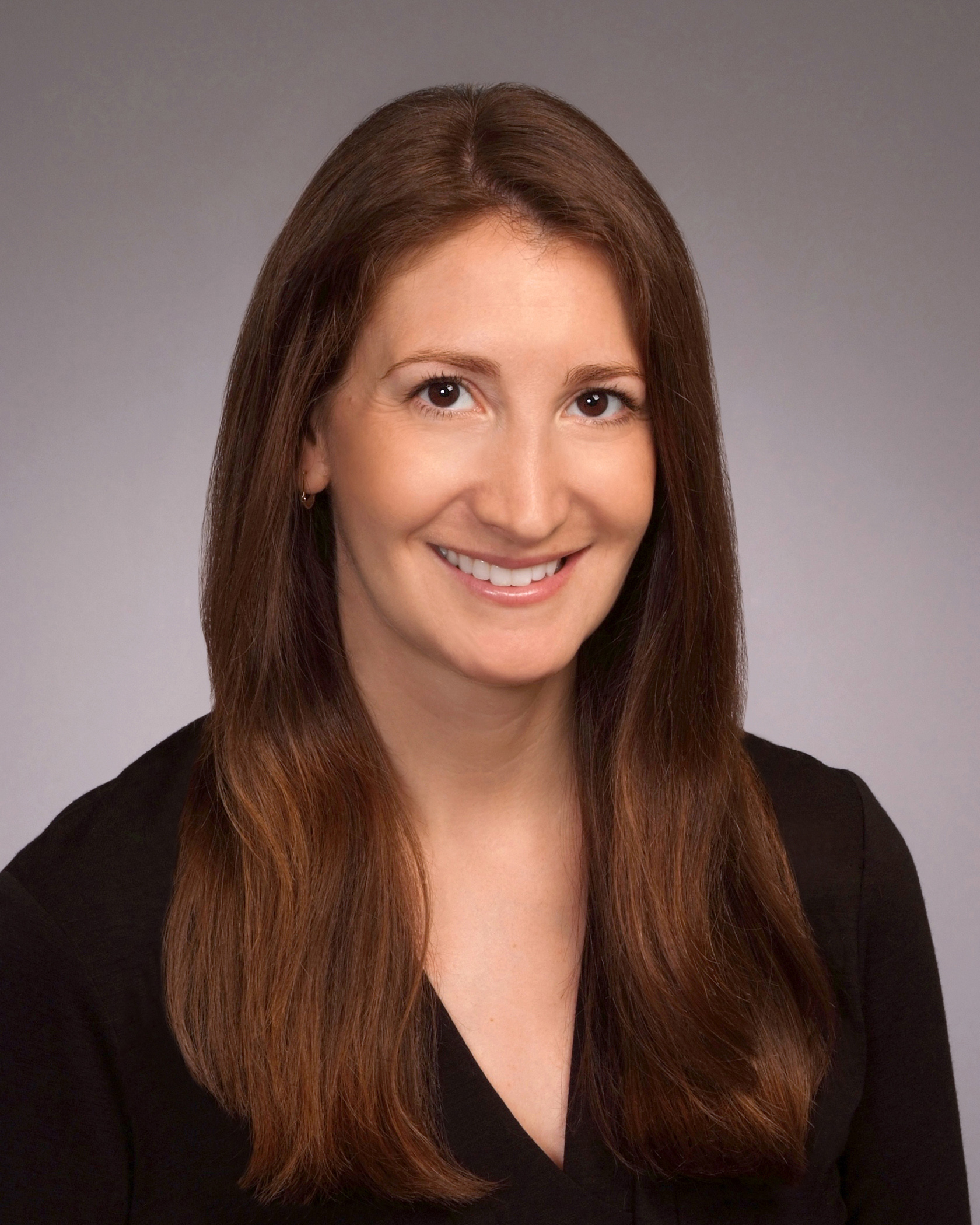CHICAGO — Experts on the promises and perils of technological and data-driven innovations in health are set to gather at DePaul University’s College of Law on March 14. Speakers from medicine, Silicon Valley and academia will address how the law intersects with three innovations – biohacking, artificial intelligence and citizen science.
“We are seeing technological advancements in health care that aim to democratize medicine by improving access,” said Valerie Koch, a visiting fellow in DePaul’s Mary and Michael Jaharis Health Law Institute. “However, some scholars raise questions of law and policy involving ownership, justice and the law’s ability to keep up with innovation.”
A relatively new movement of do-it-yourself medicine, also known as biohacking, can mean altering or conducting research on one’s own body. “But there are ethical and legal concerns about the definition of research, and how we conduct and protect research participants while also ensuring that innovation and important research gets done,” says Koch.
 Valerie Koch is a visiting Jaharis fellow in DePaul University's College of Law. (Image courtesy of Valerie Koch)Keynote speakers at the symposium include Afia Asamoah, senior counsel for product, regulatory and policy at Verily Life Sciences, formerly Google Life Sciences; and Dr. Patrick M. McCarthy, who serves as executive director of the Bluhm Cardiovascular Institute at Northwestern Medicine and the Heller-Sacks Professor of Surgery in the Feinberg School of Medicine.
Valerie Koch is a visiting Jaharis fellow in DePaul University's College of Law. (Image courtesy of Valerie Koch)Keynote speakers at the symposium include Afia Asamoah, senior counsel for product, regulatory and policy at Verily Life Sciences, formerly Google Life Sciences; and Dr. Patrick M. McCarthy, who serves as executive director of the Bluhm Cardiovascular Institute at Northwestern Medicine and the Heller-Sacks Professor of Surgery in the Feinberg School of Medicine.
The event will be held on DePaul’s Loop Campus and is free and open to the public, but registration is required at http://bit.ly/jaharis2019symp. CLE credits are also available.
DePaul College of Law faculty will moderate the panels and are available for media interviews. Areas of expertise include:
Citizen science: Can at-home DNA tests democratize research?
Valerie Koch, a visiting Jaharis fellow at DePaul, researches how the law and policy are equipped to address changes in health care technology and practice. She has written on direct-to-consumer genetic testing and companies including 23andMe that have gathered consumers’ genetic health data for research purposes. “They heralded it as democratizing medicine because individual consumers were supposed to be able to decide which traits and diseases the company should research and have access to the results. I don’t believe that has happened,” said Koch, who also serves as chair of the American Bar Association’s special committee on bioethics and the law. She can be reached at vkoch1@depaul.edu.
Artificial intelligence: Machines and data help deliver better medicine
Charlotte Tschider, a Jaharis faculty fellow at DePaul, researches the intersection of privacy, .jpg) Charlotte Tschider is a Jaharis faculty fellow at DePaul University's College of Law and researches artificial intelligence. (Image courtesy of Charlotte Tschider)cybersecurity and artificial intelligence in health care applications. For instance, mobile applications connected to an insulin pumps can learn when a patient needs more or less medicine, and report that back to a doctor. “Most patients aren’t aware that there’s an artificial intelligence backbone to a lot of new systems,” said Tschider. AI can also aid in diagnosis and better medical delivery in rural areas. “A lot of these technologies are tied to reduced costs for the health care industry. From a legal and ethical perspective, we’re very interested in doing it the right way. We don’t want to sacrifice privacy or safety for patients, just to improve the bottom line,” said Tschider. She can be reached at ctschide@depaul.edu.
Charlotte Tschider is a Jaharis faculty fellow at DePaul University's College of Law and researches artificial intelligence. (Image courtesy of Charlotte Tschider)cybersecurity and artificial intelligence in health care applications. For instance, mobile applications connected to an insulin pumps can learn when a patient needs more or less medicine, and report that back to a doctor. “Most patients aren’t aware that there’s an artificial intelligence backbone to a lot of new systems,” said Tschider. AI can also aid in diagnosis and better medical delivery in rural areas. “A lot of these technologies are tied to reduced costs for the health care industry. From a legal and ethical perspective, we’re very interested in doing it the right way. We don’t want to sacrifice privacy or safety for patients, just to improve the bottom line,” said Tschider. She can be reached at ctschide@depaul.edu.